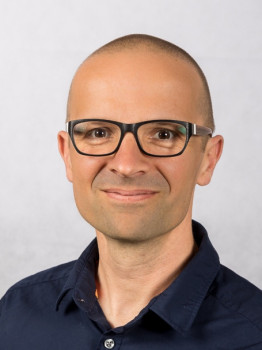
New doctoral network investigates ‘spatial communication’
A fundamental function of all language is to describe spatial aspects such as where objects are located, how to get to a particular place or which of several choices in one’s field of view is meant. Despite the central importance of these aspects, there are large gaps in our knowledge of exactly how and why spatial communication skills change as we age. There is also still very little research into the connection with diseases such as Alzheimer's or developmental disorders such as autism.

In the first half of 2025, sixteen doctoral students will start their work in SCALA and spend the next three years researching complementary topics in the context of spatial communication in different languages and ageing. The doctoral students will benefit from an innovative and individualized training program that is conducted by internationally recognized experts and integrates interdisciplinary internships and blended learning approaches. In this way, the doctoral students will not only make important contributions to research but will also be optimally prepared for a career in industry or academia.
Partners
The international and interdisciplinary consortium of SCALA comprises 13 partners from research and industry who contribute extensive expertise in relevant fields such as cognitive psychology, linguistics, medicine and computer science. SCALA is coordinated by the University of Münster (on the EU side) and the University of East Anglia (on the UK side), with partners across Europe: Norges Teknisk-Naturvitenskapeligeuniversitet in Norway, Consiglio Nazionale Delle Ricerche and University of Florence in Italy, Aarhus University in Denmark and Friedrich Schiller University Jena and beemo GmbH in Germany, and The University of Manchester in the UK. Sony Japan, Tobiipro, MIPsoft OY and 52° North are also involved as associated industrial partners.
